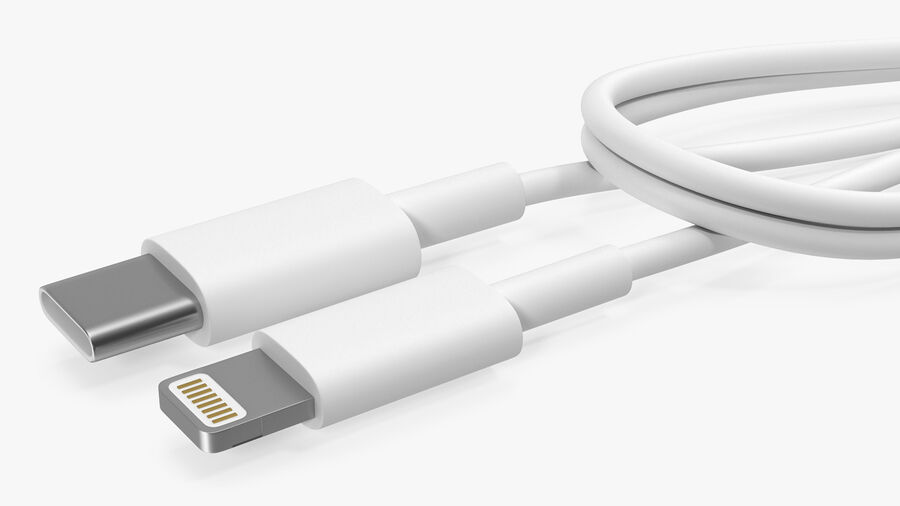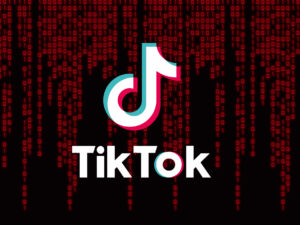
By the fall of 2024, all future smartphones sold in the EU — including Apple’s iPhone — must be equipped with the universal USB-C port for wired charging, according to European Union lawmakers. Other electronic devices, such as tablets, digital cameras, headphones, handheld video game consoles, and e-readers, will be subject to the rule. Laptops will be required to comply with the rule in the future.
The legislation has been in the works for more than a decade, but it was only this morning that different EU bodies came to an agreement on its scope.
“Today, we have made Europe’s common charger a reality!” In a press statement, European Parliament rapporteur Alex Agius Saliba said: “Multiple chargers piling up with every new device has long frustrated European consumers.” They’ll be able to charge all of their portable electronics with a single charger now.” The bill also includes provisions for future wireless chargers and harmonizing fast-charging standards.
The European Parliament stated in a press release that the law will be in place “by autumn 2024,” and that all devices covered by the law and sold in the EU must use USB-C for wired charging by that date.

The EU’s introduction of a “common charger” is an attempt to reduce e-waste while also making life easier for consumers. Lawmakers hope that in the future, phones and other similar devices will not require a charger because buyers will already have the necessary accessories at home. According to the EU, the legislation could save consumers 250 million euros per year on “unnecessary charger purchases” and reduce e-waste by around 11,000 tonnes per year.
Apple, the only major smartphone manufacturer that still uses a proprietary port instead of USB-C, will be the most affected by the agreement. Apple sold 241 million iPhones worldwide in 2021, with about 56 million sold in Europe.
However, according to the EU press release, the new legislation only applies to devices “that are rechargeable via a wired cable,” which means Apple may be able to avoid including USB-C in its devices by designing a phone that only charges wirelessly (as has been previously rumored). According to recent reports, Apple is internally testing iPhones with USB-C, and Apple analyst Ming-Chi Kuo believes the company could make the switch as soon as next year. On some laptops and tablets, Apple already uses the USB-C standard.
Last September, the European Commission announced its current legislative plans, but the bloc’s efforts to force manufacturers to use a common charging standard date back over a decade. Since then, Android manufacturers have converged on micro USB and then USB-C as the preferred charging standard, while Apple has transitioned from its proprietary 30-pin connector to Lightning.
The EU has attempted to force USB-C on Apple’s products, but the company has resisted. “We remain concerned that strict regulation mandating only one type of connector stifles innovation rather than encouraging it, which will harm consumers in Europe and around the world,” a spokesperson told Reuters last year. It’s also claimed that forcing a switch to USB-C will increase rather than decrease e-waste by rendering the existing ecosystem of Lightning accessories obsolete.
According to critics, the new legislation will stifle innovation by discouraging manufacturers from developing better charging standards. The European Union denies this, claiming that legislation will be updated as new technology is developed.
A charging standard for laptops is one aspect of the law that has yet to be resolved. While phone manufacturers will have 24 months to adapt their devices after the legislation is passed this summer, laptop manufacturers will have 40 months. This, according to EU lawmakers, is due to the difficulty of developing a universal charger for laptops with varying power requirements.




